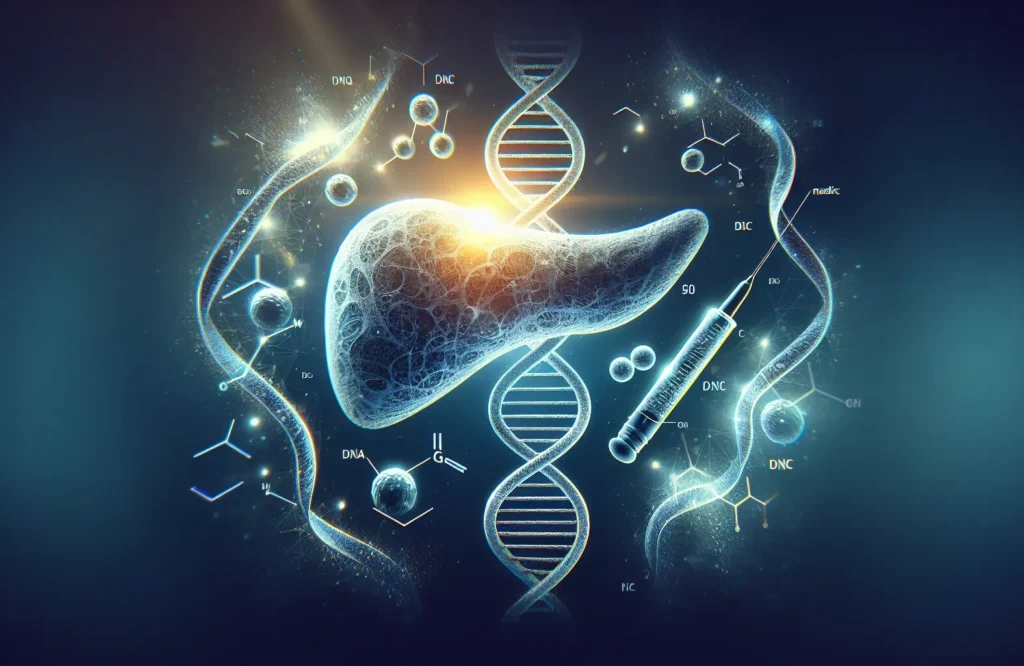
By CAFMI AI From Gut
Chronic pancreatitis is a well-recognized risk factor for pancreatic cancer, yet the precise genetic contributions that influence this elevated risk are not fully elucidated. Recent research leveraging advanced next-generation sequencing has targeted known pancreatic cancer susceptibility genes to identify germline mutations in patients diagnosed with chronic pancreatitis. This comprehensive analysis found that a subset of these patients harbor mutations in critical genes, including BRCA2, PALB2, and CDKN2A, which are established contributors to pancreatic carcinogenesis. The presence of these germline mutations significantly amplifies the likelihood of developing pancreatic cancer over time compared to patients without such genetic alterations. This suggests that genetic predispositions play a crucial role in modifying the risk profile of chronic pancreatitis patients and underscores the potential of genetic testing in clinical risk assessment.
The identification of specific germline mutations in chronic pancreatitis patients opens valuable avenues for clinical management and improved surveillance protocols. In this population, mutation carriers exhibited earlier onset of disease and increased cumulative risk, indicating the necessity for tailored monitoring approaches. Genetic counseling becomes imperative to inform patients about their individualized risk and to guide decision-making regarding preventive strategies, including more frequent imaging or biomarker assessments aimed at early cancer detection. These findings recommend incorporating genetic screening into routine evaluation for chronic pancreatitis patients, especially for those with additional risk factors or family histories suggestive of inherited cancer predisposition. Early recognition of high-risk individuals could facilitate timely interventions and may improve overall prognosis by enabling curative treatments at early stages.
Ongoing studies emphasize the need to further elucidate the spectrum and functional impact of germline mutations associated with pancreatic cancer in chronic pancreatitis patients. Future research aims to refine genetic risk models by integrating mutation status with environmental and clinical factors to better predict cancer development. Advances in genomic technologies and large-scale cohort studies will likely uncover novel susceptibility genes and modifier variants. Additionally, there is growing interest in developing targeted therapies that consider genetic mutation profiles. Ultimately, expanding genetic risk assessment and personalized medicine approaches holds promise for improving prevention, early detection, and treatment strategies in this high-risk population.
Read The Original Publication Here